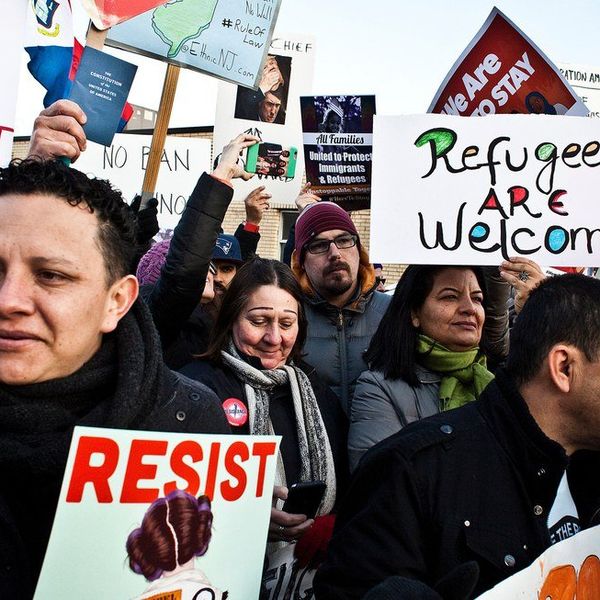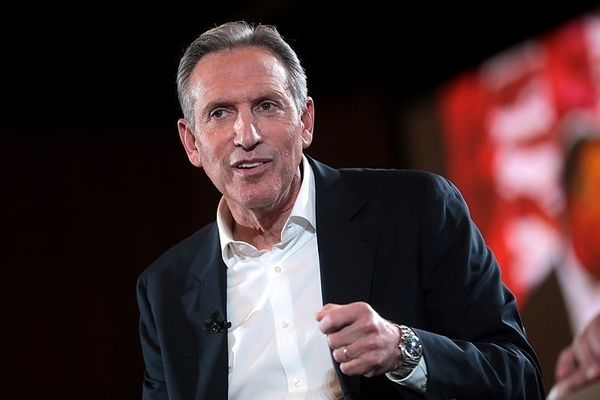Late last week, President Donald Trump signed an executive order restricting citizens of Iran, Iraq, Libya, Somalia, Sudan, Syria, and Yemen – seven majority-Muslim nations – from entering the United States for 90 days. The order also bars all refugees for 120 days, and Syrian refugees indefinitely. According to President Trump, the order is intended to keep our country safe from radical Islamic terrorists while he reviews the vetting process that refugees presently must undergo to gain entry into our country.
Regardless of your view on this matter, it has sent shockwaves through the world of sports, with athletes of all colors and creeds voicing their discontent. While, rightfully so, little attention has been paid to the potential impacts the executive order may have on the global sports landscape, sour relations that have and will continue to develop between the United States and other nations as a result of the order have left sports pundits unsure of the potential fallout. Nevertheless, even in the days following the signing of the order, complications have arisen and concerns have been voiced.
Over the past few days, the NBA’s legal team has been busy trying to determine how Milwaukee Bucks’ forward Thon Maker and Los Angeles Lakers’ forward Luol Deng, both born in Sudan, will be affected by President Trump’s order. Although both Maker and Deng were born in Wau, a city that is now part of independent South Sudan, and hold dual citizenship in Australia and Great Britain respectively, there was initial doubt as to their status under the order. While it appears as if dual nationals are safe, this by no means puts an end to the NBA’s dealings with the order.
Each year during All-Star Weekend, the NBA holds its annual Basketball Without Borders camp, which brings some of the top young players from across the globe to the United States to meet and be coached by NBA talent. While the NBA has not yet released the invitation list for this year’s camp in New Orleans, past camps have included players from the seven nations directly affected by the executive order, leaving potential cause for concern.
Even more pressing than the logistics of this year’s Basketball Without Borders camp are those surrounding the World Cup wrestling competition scheduled for February 8 in Iran. The United States’ freestyle wrestling team is supposed to compete, but Iran’s ban of United States citizens in the wake of the executive order has put our country’s participation in doubt.
As it pertains to sports, Trump’s executive order is especially ill-timed when you consider that the United States is currently making strong pushes to host two of the world’s biggest sporting events, the 2024 Summer Olympics and the 2026 World Cup of soccer. While both events are far off, the bidding processes are underway, and both International Olympic Committee and FIFA, soccer’s international governing body, are concerned about how foreign athletes will fare in a nation that voted for a president with a long history of talking down upon women, Muslims, and Latinos, among other groups. That being said, the United States’ chances of securing the 2026 World Cup are further complicated by the fact that United States and Mexico were supposed to place a joint bid to host the event, which has been cast into doubt in recent months given President Trump’s threats to build a wall across the Mexican border.
Although deeply problematic in their own right, the above cases are far from the only sports-related complications following President Trump’s order. Major League Soccer, United States Track & Field, and United States Weightlifting, just to name a few, are also scratching their heads when it comes to ensuring the safety of their athletes and those of other countries in international competitions in the coming weeks and months. With the number of foreign athletes either training or competing in the United States at a record high, few sports entities are truly exempt from having to respond to the executive order in some form or fashion.
Sports have for a long time been considered a haven, an outlet people could use to escape the stresses of daily life. In recent years, however, sports have become more and more intertwined with politics, with athletes, coaches, owners, and fans using the tools afforded by sports to speak out on countless matters. While I commend figures like Gregg Popovich and Dale Earnhardt Jr. for condemning President Trump’s executive order on immigration, this should not be an issue in the first place. If a man or woman who has dedicated his or her entire life to mastering a craft cannot come to our country to showcase his or her talents today, tomorrow, or the next day because of where he or she is from – or what he or she believes in, depending on how you view the issue – how far have we strayed from our nation’s core values of diversity, inclusion, and equality?





















